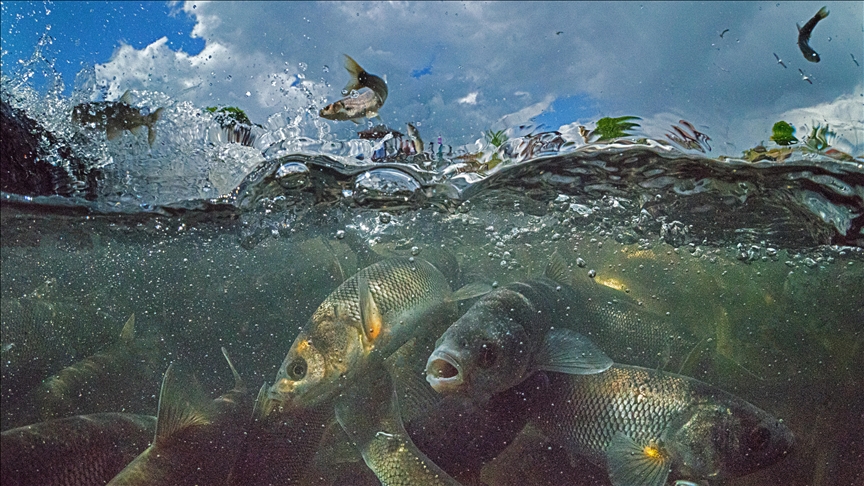
Pollution Threatens Freshwater Species Worldwide, Study Finds
A global health study has identified pollution as the leading cause of habitat loss and the decline of freshwater species, including fish and invertebrates. Published in Nature, the research revealed that one in four freshwater species is at risk of extinction.
The study, which took over ten years, analyzed 23,496 species from the International Union for Conservation of Nature’s (IUCN) Red List. It focused on freshwater ecosystems in biodiversity-rich areas like India’s Western Ghats and the Himalayas. Pollution from agricultural runoff, household waste, industrial discharge, and forest effluents threatens about 59% of freshwater fish species worldwide. Other key threats include excessive water use, agriculture, invasive species, and habitat destruction caused by dams and infrastructure.
India, home to diverse freshwater fish species, faces serious challenges, especially in the Western Ghats and the Indo-Burma border. More than 300 species in the Western Ghats are on the brink of extinction. Kerala is among the most affected states, with habitat destruction, pollution, and overfishing causing severe damage, according to Rajeev Raghavan, a professor at Kerala University of Fisheries and Ocean Studies.
The study also highlights the impact of climate change and rising water demand on freshwater ecosystems, which support 10% of all known species. Without urgent action, the loss of these ecosystems could harm biodiversity and environmental health.
Dragonflies and similar species are also at risk, with 39% threatened by dams and water extraction and 37% impacted by changes in land use. Experts stress the need for better freshwater resource management to protect aquatic life and maintain environmental balance.








